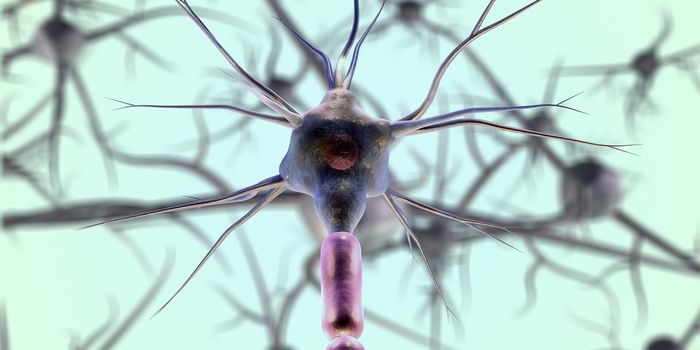New Mechanism Uncovered in Myeloid Cells Improves Radiation Therapy
There are many different types of cancer treatments currently available. The most commonly known form is chemotherapy, in which a chemical is used to kill the rapidly proliferating tumor. However, a second commonly known cancer treatment includes radiation therapy. This form of treatment, also known as radiotherapy, uses beams of intense energy to kill cancer cells. Radiotherapy often uses X-rays to deliver the treatment, but other forms exist. Radiation therapy which uses these high energy beams, or ionizing radiation, has proven to be an effective form of treatment. However, the therapy is still limited and can kill healthy immune cells. As a result, a patient loses part of their ability to independently fight cancer. Therefore, researchers are investigating different ways to enhance radiation therapy to avoid killing healthy immune cells and specifically target the tumor.
A recent article published in the Journal of Clinical Investigation (JCI) concluded that radiation therapy suppresses bone morphogenetic protein and activin membrane-bound inhibitors, also known as BAMBI. In addition, radiotherapy also activates immune suppressive cells, which are polarized or differentiated to suppress the immune system and promote cancer proliferation. The goal of the study was to investigate the role of different immune cells that prevent treatment efficacy in radiation therapy. The research team led by Dr. Ralph Weichselbaum specifically noted the role of myeloid-derived suppressor cells (MDSCs) in response to radiation therapy that induce treatment resistance in many patients.
Dr. Ralph Weichselbaum is the Daniel K. Ludwig Distinguished Service Professor and Chair of Radiation and Cellular Oncology at the University of Chicago School of Medicine and has extensive training in radiation therapy. Weichselbaum’s group focused on the mechanism of MDSCs to understand their role in tumor suppression in response to radiotherapy. In addition to MDSCs secreting proteins that prevent the immune system from responding to the cancer, a separate secreted protein known as transforming growth factor-beta (TGF-β) promotes tumor growth. Therefore, Weichselbaum’s group therapeutically targeted TGF-β to treat radiotherapy-resistant patients.
BAMBI is known as a pseudo-receptor that acts similar to TGF-β receptor, which suppresses TGF-β signaling. Researchers analyzed genomic data from cancer patients to identify a correlation with BAMBI and survival. Genomic analysis refers to the identification of gene expression in specific cell types. The cells the researchers specifically identified were immune cells including monocytes and macrophages responsible for tumor lysis or killing. Interestingly, researchers found that patients with higher levels of BAMBI expression improved overall survival. This trend was confirmed in patients with different cancer types and indicates that BAMBI may be a good biomarker to determine survival as well as a viable therapeutic for treatment.
MDSCs were further identified to have low levels of BAMBI after radiotherapy, which confirm their high secretion levels of TGF-β. Therefore, animal studies were conducted, and the team found that overexpression of BAMBI in MDSCs significantly reduced tumor growth and prolonged survival. Additionally, BAMBI overexpression improved immunotherapy administered after radiation. This work impacts the field by extending our knowledge of the mechanism of MDSC differentiation after radiotherapy. Overall, this foundational work established by Weichselbaum’s group provides a viable target to improve radiation therapy for patients and prolong survival.
Article, JCI, Ralph Weichselbaum, University of Chicago School of Medicine








